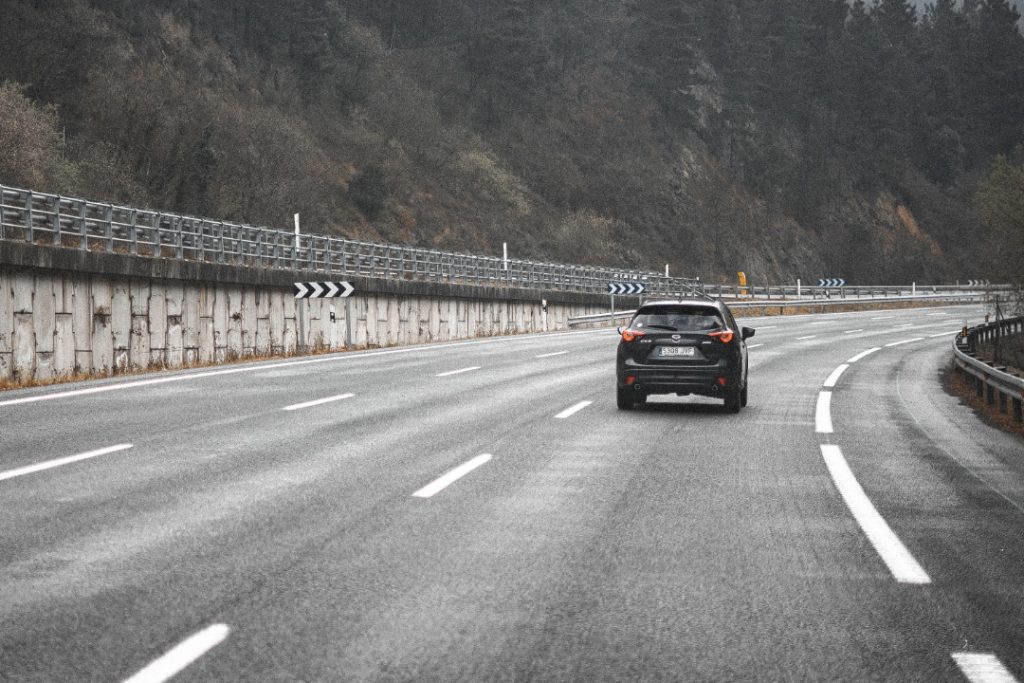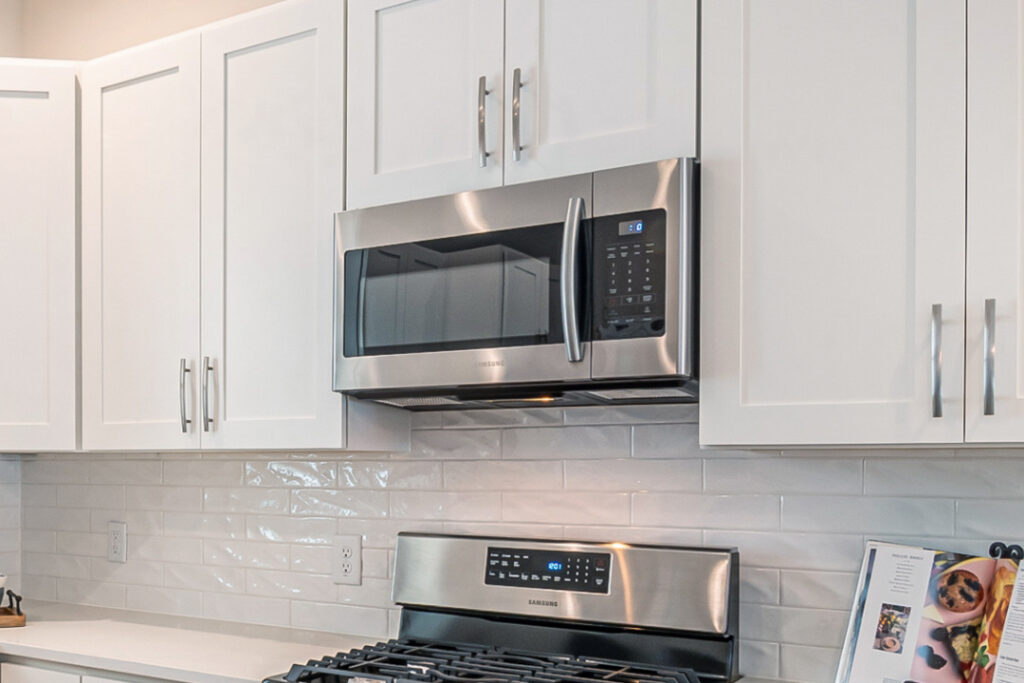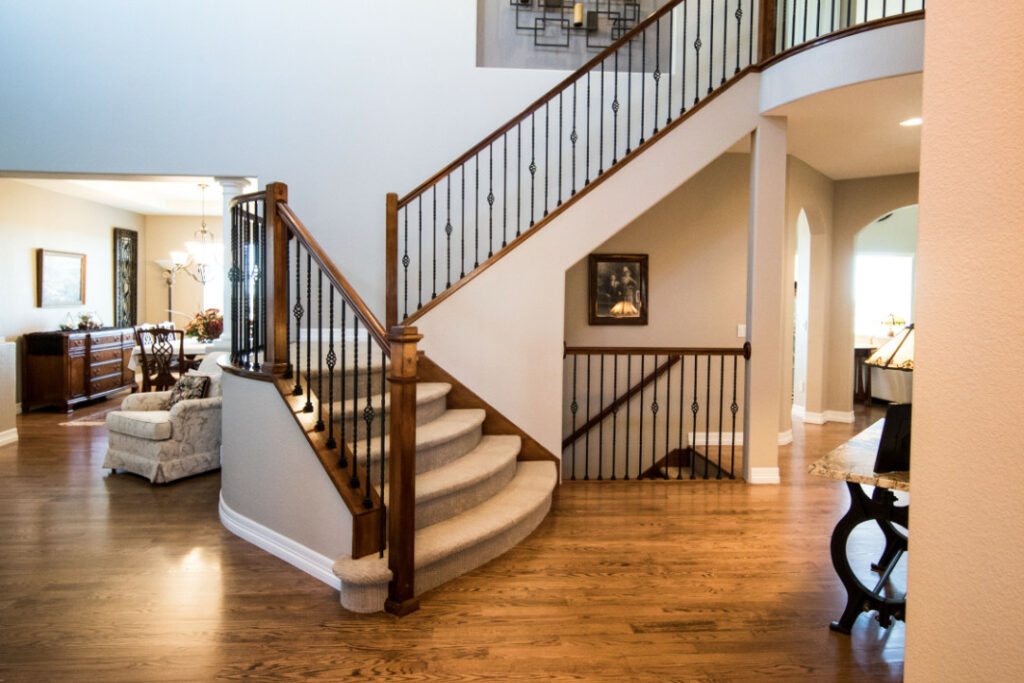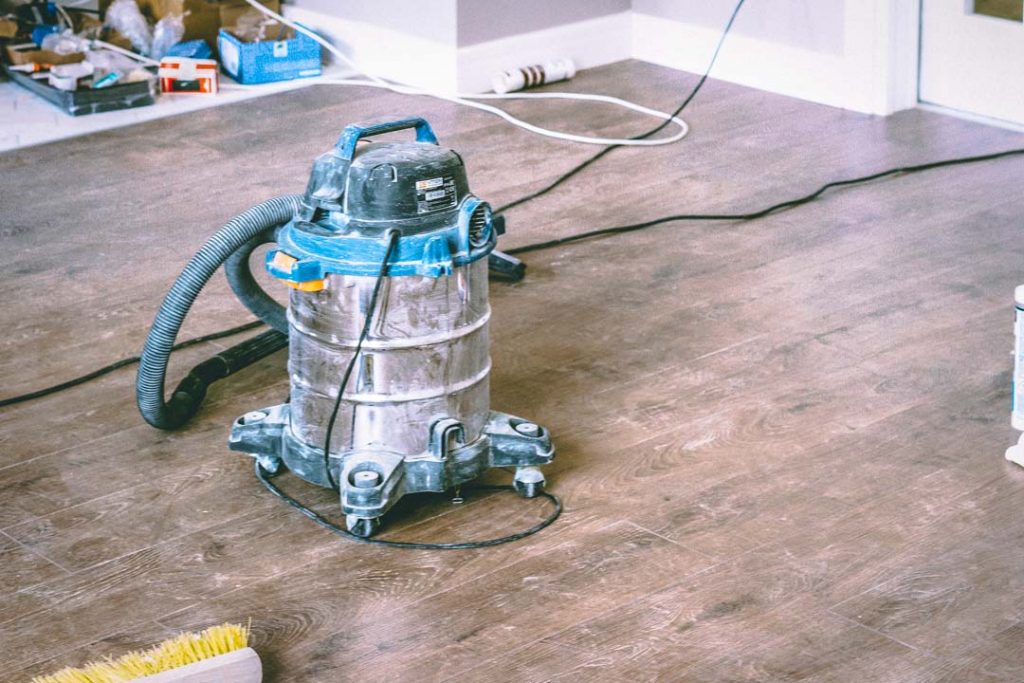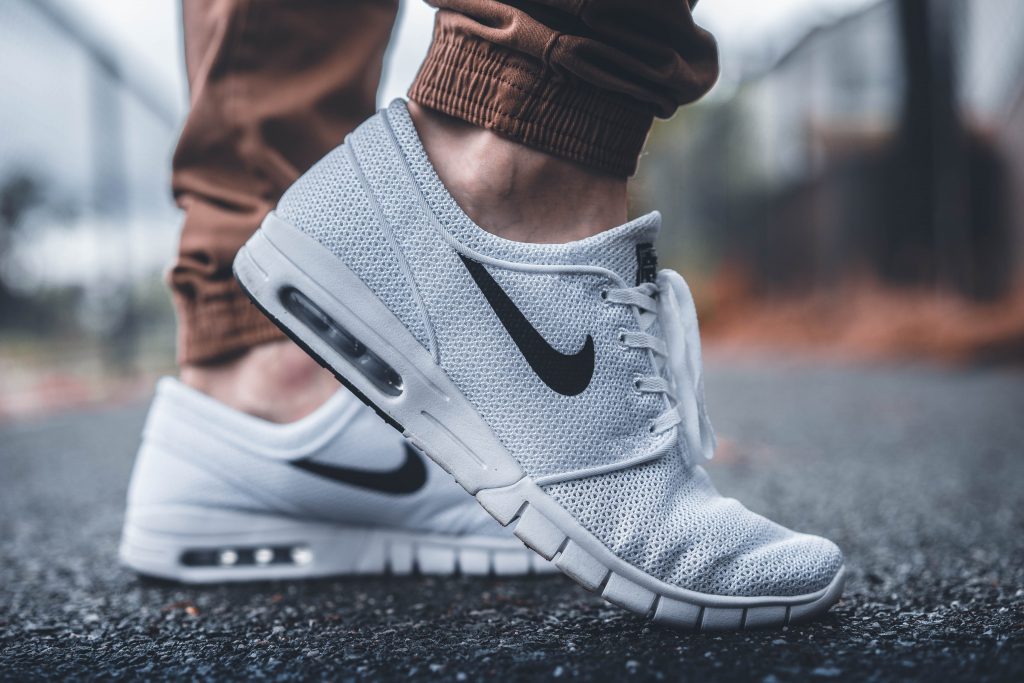- Why Should You Soundproof Your Car?
- What Are The Causes of Road Noise
- Why Can I Hear Engine Noise in My Car?
- How Do I Stop Road Noise in My Car?
- Worn Out Tires Can Increase Road Noise
- Window Film Can Help Reduce Car Noise
- Three Main Causes of Wind Noise
- Noisy Car Exhaust
- Too Stiff Suspension
- How Effective is Car Soundproofing?
- How successful is soundproofing a car?
- Extra Tips to Reduce Road Noise in a Car
- Factors to Consider Before Buying Car Soundproofing Materials
- Conclusion
Road noise can be a severe issue for drivers. It’s not just an annoyance. It can reduce your quality of life and reduce the enjoyment you get from driving. It’s hard to have a conversation in a noisy vehicle or listen to music, so you want a quiet car.
Some car models are quieter than others. Tesla vehicles have an electric motor that is so quiet, you can barely hear the engine running. Although some cars and trucks are often very loud, Jeeps and trucks can be even louder.
In this article, I want to share some simple car soundproofing tips you can do to reduce the level of road noise from your ride.
Why Should You Soundproof Your Car?
Many people who don’t soundproof their cars end up becoming distracted by outside noise. Soundproofing your vehicle isn’t just about the pleasure of conversation or an entertainment system; it protects you from distractions while driving.
Soundproofing your car is a smart choice if you want to improve your focus while driving and work. You should never have any distractions when controlling the vehicle, so soundproofing your car is necessary for safety.
Noise is a significant problem in the cabin of cars. It’s not always easy to keep engine noise from bothering people inside the vehicle, but it can be done!

What Are The Causes of Road Noise
The noise you hear in your vehicle is usually caused by the car’s tires, wind, or mechanical components, such as the engine and brakes. Some of the outside noise is caused by the vibration of the parts. Each one has a different level of sound, which can be reduced or amplified depending on where you are in your car.
If your vehicle is mechanically reliable and doesn’t have any noise problems, you can assume that most of the noise comes from one of these sources.
The engine in your car creates a whirring sound that is amplified by the interior of your vehicle. The engine will be quieter if you have a hatchback or SUV because these vehicles are taller and allow for more air to flow underneath them than an average sedan does.
The tires are another source of outside noise where they come into contact with the road. The tire size affects how noisy it is; Wider tires make more noise than narrower tires because more rubber is in contact with the ground. More rubber means better traction and less potential for skidding; however, that also leads to more noise.
The wind can also cause a noisy car when it’s whipping around outside your car window at high speeds.
Roads can also make a lot of noise, especially when driving over cracks or bumps in the road at high speed. When your car is going fast enough, if its engine is powerful, the noise becomes noticeably louder than ever before because of how quickly it’s moving.

Why Can I Hear Engine Noise in My Car?
If you can hear noise in your car, it means the engine noise is leaking into the vehicle’s cabin through your car’s body panels and other openings. Engine noise in a car can be reduced by adding soundproofing materials to the engine compartment, such as insulation, or using engine mounts that are more effective at reducing vibrations from engine components.
How Do I Stop Road Noise in My Car?
If you want to stop the road noise, you need to find out what is producing the noise. Once you have found the primary cause, you can prevent the noise and stop it from coming into your car using materials to reduce the sound.
Sound deadening material will reduce sound from coming in and out of your vehicle. It can be applied to the body panels, outer door skin, floors, or even under carpets. Sound dampening material is also effective at reducing the sound that comes into your car windows when driving on a rough surface. This includes car soundproofing materials for doors as well as sound insulation around the window openings.
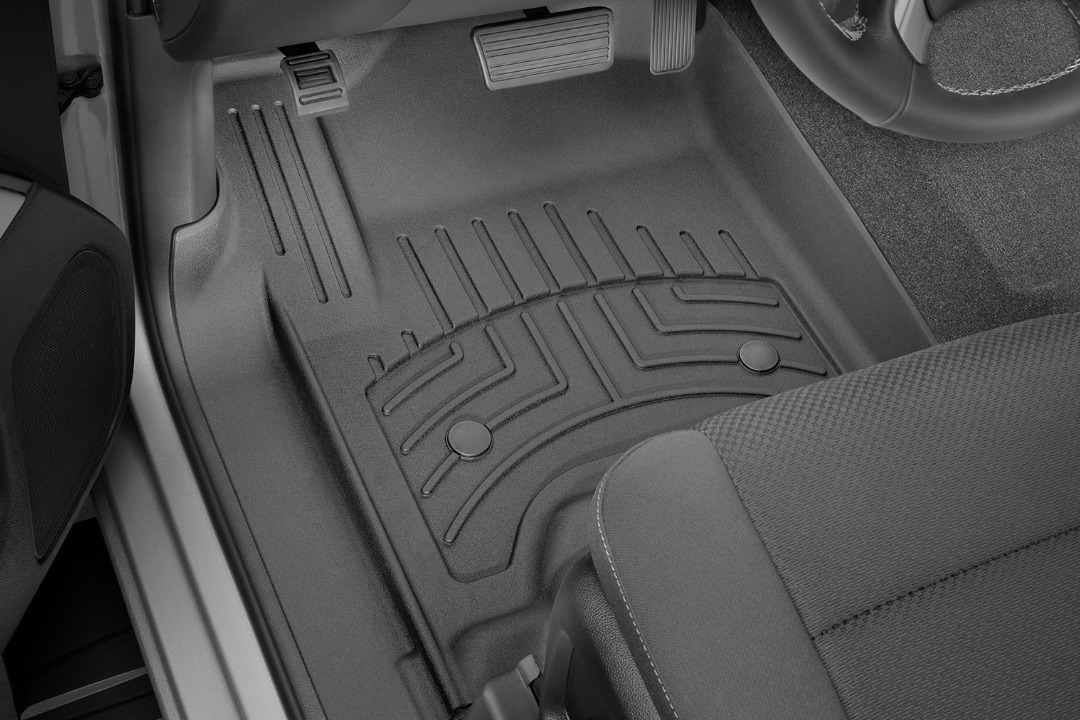
Use Soundproof Car Floor Mats
Soundproof car mats are car floor mats that can be placed inside your car to reduce road noise. Soundproof floor mats are made out of a material that is specifically designed to dampen vibrations and noises.
A sound-deadening mat is made of foam material that is designed to reduce sound and vibrations. These sound deadening mats are placed on the car floor or inside the trunk liner of the car to dampen vibration energy and cabin noise when driving over bumps or potholes.
Insulate the Doors
A car door provides an easy way for sound to enter the car as they are designed to open and close. Insulating car doors is a relatively simple project that can be done with spray foam insulation or soundproofing material from an auto parts store. Insulated car doors will help road noise reduction and make the car more comfortable for passengers in colder climates.
Soundproofing material is made of rubber, foam, or fiberglass that dampens vibrations on the car door panel when it is opened and closed.
Use Spray and Foam Sound Deadener
You can use a spray or a foam sound deadener to dampen vibrations. Spray foam sound deadeners are the best option for reducing road noise in a car because they can be applied to any surface and will stick firmly. Spray foam sound deadener should first be sprayed on an interior panel then covered with foam strips attached to the sound deadening foam. The foam strips will dampen vibrations and help keep any excess spray foam from damaging interior panels.
Use Mass Loaded Vinyl
Mass-loaded vinyl (MVL) can be used for noise reduction in a car. Mass-loaded vinyl is a good option for car soundproofing because of its high noise absorbing properties and the fact that it can be applied anywhere inside your car-including insulation or underneath upholstery fabric or floor mats.
Use Automotive Reflective Insulation
Reflective insulation will block 98% of the heat coming from a car’s floor and provide sound deadening insulation. The tin foil-like material can be deceiving, but it actually provides plenty of protection against sound.
The cool thing is that you can layer this under the foam mentioned above if you want a fail-safe method to soundproof your car. You’ll just need to buy a 3M General Trim Adhesive and spray it on the car’s floor, then place reflective insulation on the adhesive.
Attach the foam to the top of your insulation with glue. This will make your car as noise-free as possible.
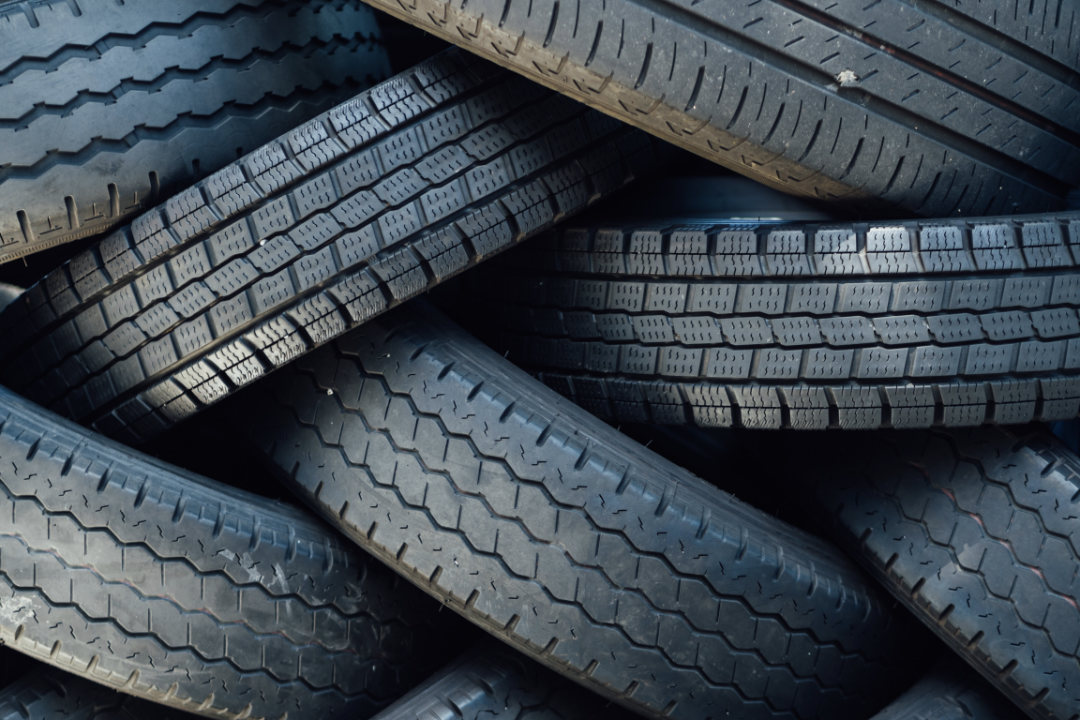
Worn Out Tires Can Increase Road Noise
If your tires are low on the tread or worn out, they’ll create more tire noise, increasing road noise in the car. Replacing old tires with new ones is one of the best ways to reduce tire sound from getting into your vehicle.
Why Do My Tires Sound Like a Helicopter?
If your tires are starting to sound like a helicopter, then you may have tire treads that are beginning to wear down. If this is the case, they are wearing thin or coming apart due to age, and you need to replace them for safety reasons as they are critical components to your car.
One other potential cause of the noise is the brakes. Poorly maintained brake components or improperly adjusted parking brakes can cause noises related to vibrations while driving.
What Tires Reduce Road Noise?
If you are going to buy new tires, you will want to know which tires can help with noise reduction. There are many kinds of tires, but the best solution for reducing tire sound is going with an all-season radial that has a high tread and good construction.
These types of tires will provide more stability in different weather conditions and have less rolling resistance when driving; both points are important to note as they affect fuel efficiency. Our top 3 tires all-terrain tires:
- Michelin Primacy MXV4 Radial Tire
- Goodyear Wrangler Radial Tire
- Hankook Optimo H727 All-Season Tire
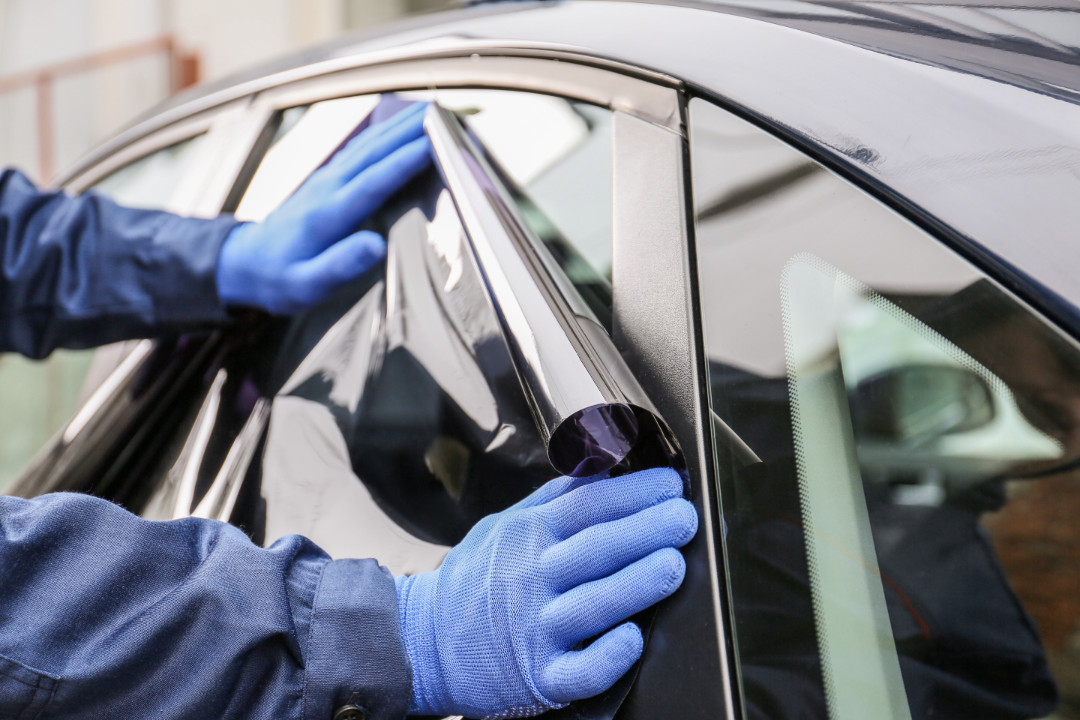
Window Film Can Help Reduce Car Noise
The tires on your car can create a loud noise when they roll over the asphalt on the road. If you want to avoid hearing those icky sounds of tire noise, consider getting window tinting film installed in your vehicle.
Window tinting film is reasonably inexpensive and easy to install on most vehicles, making it a great option if you want to reduce outside noise in your car now.
Some manufacturers offer laminated windows as a noise reduction method to keep the cabin noise to a minimum and improve sound quality out of the factory, which makes a huge difference.
Three Main Causes of Wind Noise
Your door seals are worn out – Think of the seals around your car doors are swimming goggles. Poor-fitting goggles mean you’re getting a face full of water when you go in the pool, and these seals will let the wind through when they don’t line up with your vehicle’s frame just right.
Your windshield isn’t acoustic – A lot of cars are not designed with high-quality acoustic glass, which means you will experience a considerable amount of wind noise. Acoustic windshields, which have a layer of vinyl between two glass panels, are lightweight and effective at blocking air noise. Glass in a car is intended to reduce road noise; if you have acoustic glass on the windshield, it’ll say “acoustic” or have an “A.” If you don’t have it, you might consider an upgrade.
Your car has additional drag – Roof racks are designed to create a platform for transporting gear on the roof of a car. Often, they can generate more wind noise in your vehicle because there is less air circulating across the top of the vehicle car roof.
The solution is to acquire a stainless steel roof rack or lower the height of one you already have. This will offer more airflow and reduce wind noise in your vehicle, especially at highway speeds. A roof rack can also increase gas mileage and shorten tire life expectancy due to the increased wind drag.
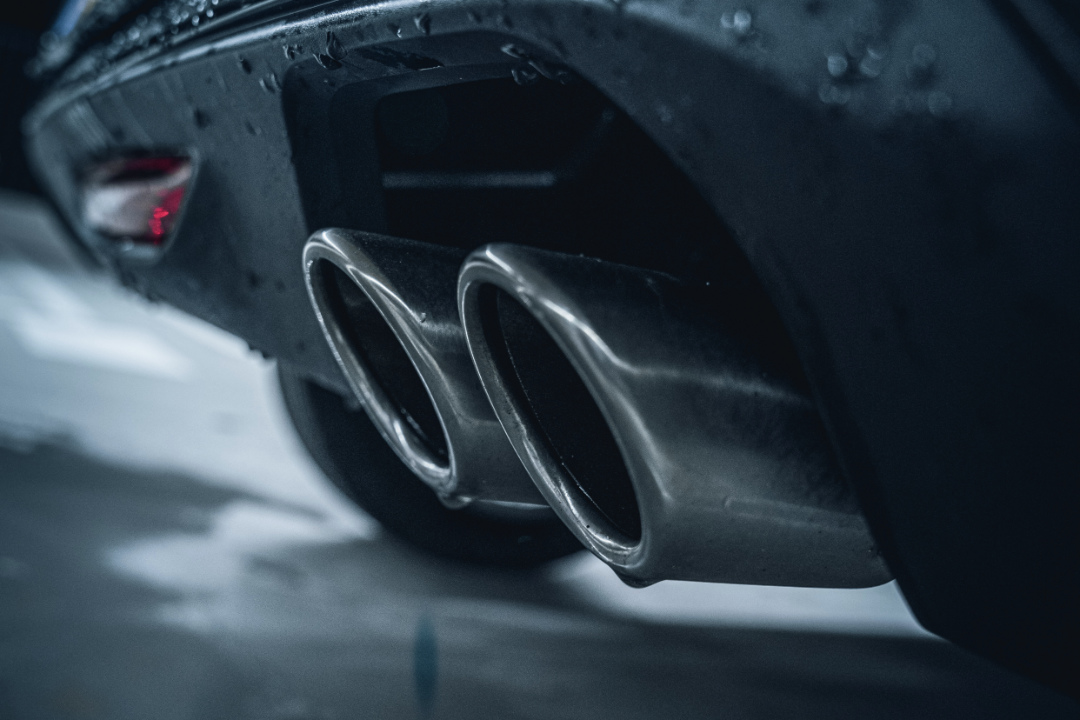
Noisy Car Exhaust
Fortunately, there are many ways to reduce noise coming from the car. Exhausts are often a big offender when it comes to noise. If your vehicle was once quiet and now you have a loud exhaust noise, it could mean that you hit something while driving, causing damage to the exhaust system (or rust). Rust can also be a culprit, which gets worse over time.
If you hear rattling under the car, typically, this indicates that the exhaust system has become misaligned. If you can hear a loud metallic vibration, it usually means something is touching the exhaust pipe or a loose clamp, or another mounting component. A visual check underneath the car will show if this is the car.
If you have a particularly noisy car because your exhaust system has been damaged or rust, then it may be time for a new one!
If your car’s exhaust pipe is not damaged and simply produces a lot of noise, you can solve this by installing an aftermarket muffler. This will help the vehicle emit less loud sound while driving, improving gas mileage.
Too Stiff Suspension
If you have a stiff suspension, it will make the car bounce more when driving over bumps or potholes. The bouncing can create a lot of noise and vibrations that seep into your vehicle.
Some suspension components like struts are designed to reduce this type of vibration with springs, shocks, mounts for stabilizers, ball joints, and bushings. Replacing these when they start to wear out can help keep the car quieter from excess noise.
How Effective is Car Soundproofing?
Does car soundproofing work? To answer how effective car soundproofing may be, one must first review a few parameters.
Identify the source of your car’s noise before buying soundproofing. If it’s already broken and beyond repair, just buy a new vehicle. Soundproofing should not be a quick fix for noise complaints. You may succeed in mitigating the sound from your car, but that does not mean you have fixed the problem.
Soundproofing is a noise barrier that can block, absorb, or suppress sound waves to create a peaceful and safe environment. Therefore, you are only blocking the sound from disturbing people inside or outside the car and not fixing the underlying cause.
How successful is soundproofing a car?
The level of soundproofing success depends on the technique applied. Newer vehicles are usually easy to soundproof, but older cars might take more work.
Despite the kind of car you drive, nothing can completely cancel every sound that a car produces. As such, it’s not possible to experience complete silence when driving your vehicle. However, this shouldn’t really be what you want – as most of the sounds allowed by this are helpful. Your own engine may alert you about problems with your vehicle before they show on the dashboard.
People who have taken measures to ensure that their car is well-insulated report improved comfort and enjoyment and decreased issues with noise. Your chance for dramatic reductions in car noise is dependent on many factors, but you can typically achieve 50% of your desired outcome.
Extra Tips to Reduce Road Noise in a Car
- Remove those small items on your dashboard since the engine vibrations make these objects clang together and create noise in your car.
- To reduce car noise, tightly tie up loose objects in the vehicle. This includes things like cup holders and other items that have a tendency to jiggle around loudly when you drive or hit bumps in the road.
- Don’t leave any gaps. Consider all areas of your car when soundproofing or insulating to help reduce road noise.
- If you have a car with a trunk, consider soundproofing it. A lot of noise can pass through to the car interior.
Factors to Consider Before Buying Car Soundproofing Materials
- Are the noises internal or external? This should determine your method of noise reduction.
- What are the types of soundproofing material available: Damping, insulators, foam, and sprays.
- What is the best thickness: the thicker the material, the better the performance.
- Size of the material: Choose a size that will cover the best area possible.
- Resistance to Oil: It is best to use adhesive materials that stick even with a thin layer of oily residue.
Conclusion
We hope you found this car soundproofing article helpful and informative and that it has given you some ideas for reducing the noise in your car. Remember to use our handy tips as a guideline when trying out new solutions for yourself; some may work better than others, depending on the type of vehicle you have!
There are many different techniques to reduce the sounds of a car. There are also different materials on the market for soundproofing your car. But what should you look for in a sound deadener? First, don’t go with it just because it is cheap; find one that offers the maximum noise reduction.
Thanks so much for reading today’s blog post on how to reduce road noise in a car. Be sure to share with friends who might be struggling with their own noisy rides or just want more information about these topics. Have a great day!
How To Soundproof A Room For Drums?
How To Make A Room Soundproof From Outside Noise
how to make a room soundproof from outside noise. If you live in an apartment…
How To Quiet a Garage Door (6ways)
How To Soundproof A Laundry Room
If you’re like many people, your laundry room is in the basement. And if you’re…
How To Silence A Microwave: A Guide
We’ve all been there. You’re in the middle of microwaving something, and suddenly, you hear…
How To Soundproof Stairs
How to soundproof stairs. You may have heard “soundproofing” before, but what exactly is it?…

